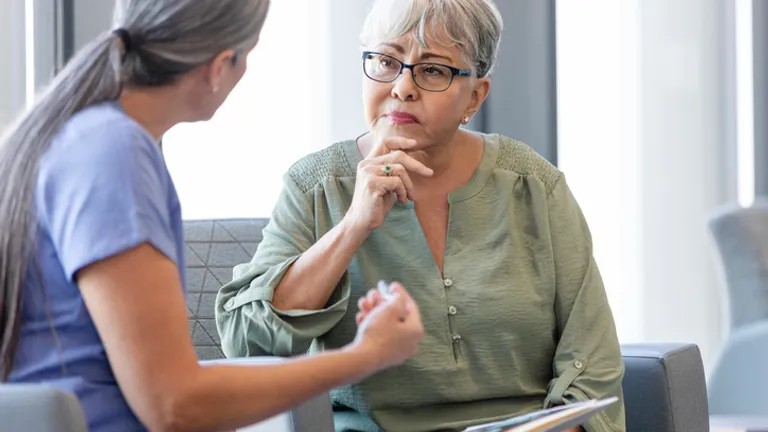
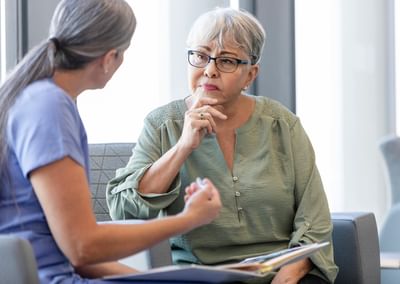
Breast prostheses and reconstruction
Before or after breast cancer surgery you may think about whether, and how, to restore your breast shape. We hope this information will help you weigh up the benefits and drawbacks of breast prostheses and reconstruction before making a decision.
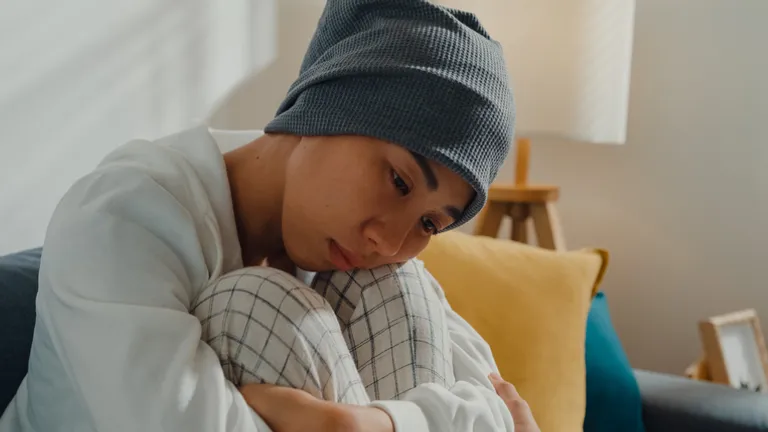

Fatigue and cancer
This information has been prepared to help you understand more about cancer-related fatigue, a common side effect of cancer and cancer treatments. It provides information about what fatigue is, its causes and how it can be managed.
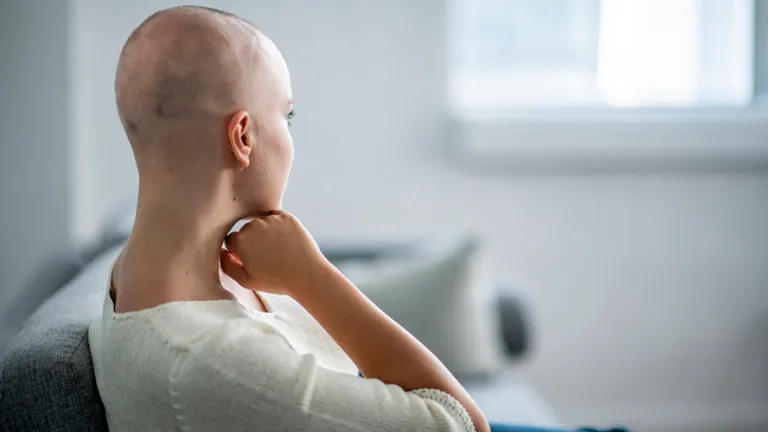

Hair loss
This information is about hair loss as a side effect of cancer treatment. Not all cancer treatment causes hair loss.
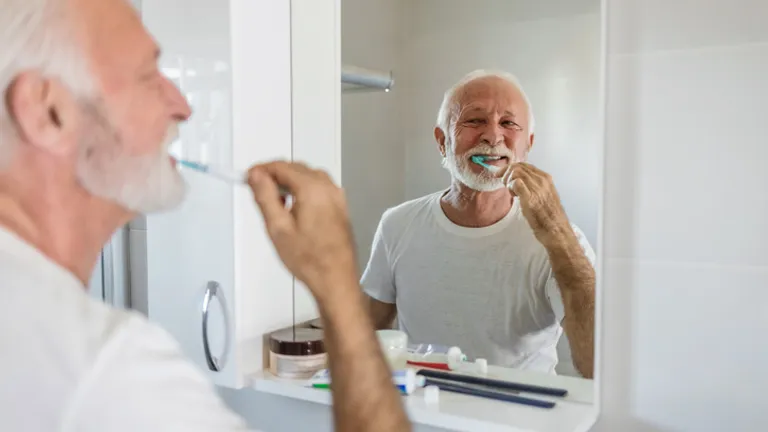
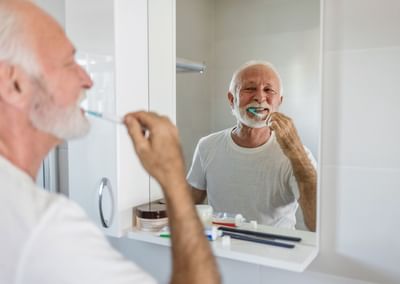
Oral health during cancer treatments
Cancer treatments can cause side effects that affect the mouth (oral) area. We hope this information will help you, your family and friends understand more about the mouth changes you may experience and how to care for your mouth before, during and after treatment.
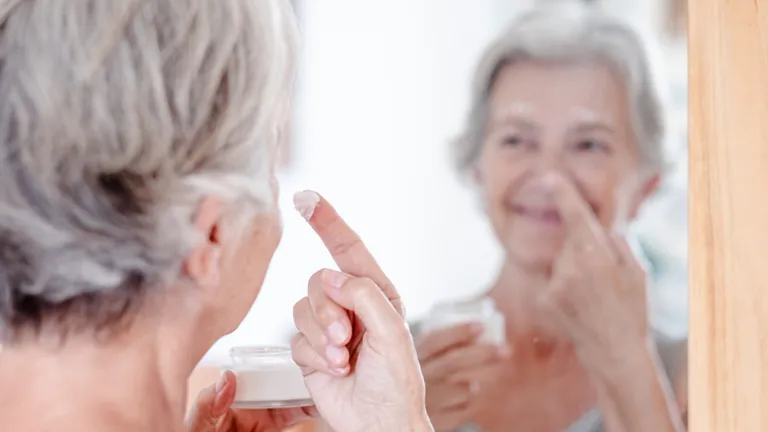
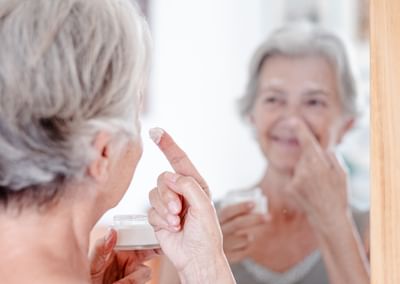
Skin care during cancer treatment
Cancer treatments can cause side effects that affect the skin. We hope this information will help you, your family and friends understand more about skin changes you may experience and how to deal with them.
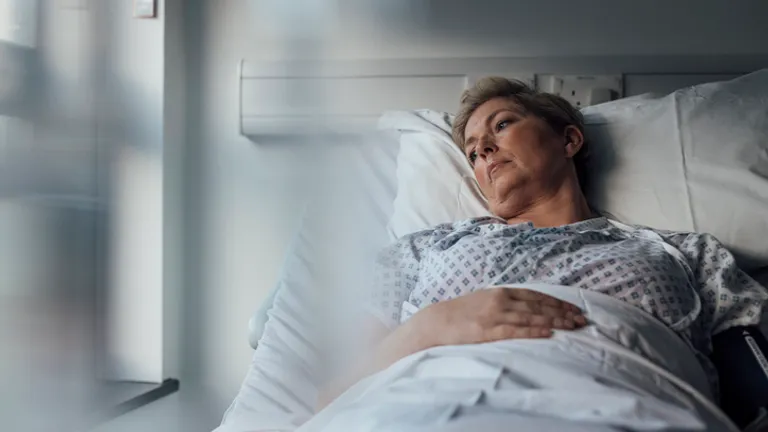
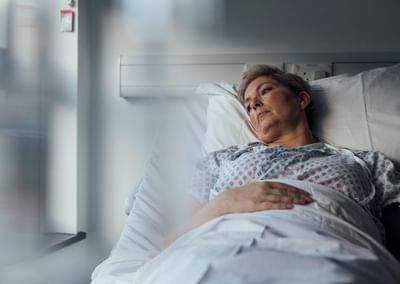
Understanding cancer pain
Some people with cancer have pain. This can be caused by the cancer, its treatment, or other underlying conditions unrelated to the cancer. We cannot give advice about the best pain relief for you. You need to discuss this with your health professionals. However, this information may answer some of your questions and help you think about what to ask your health care team.
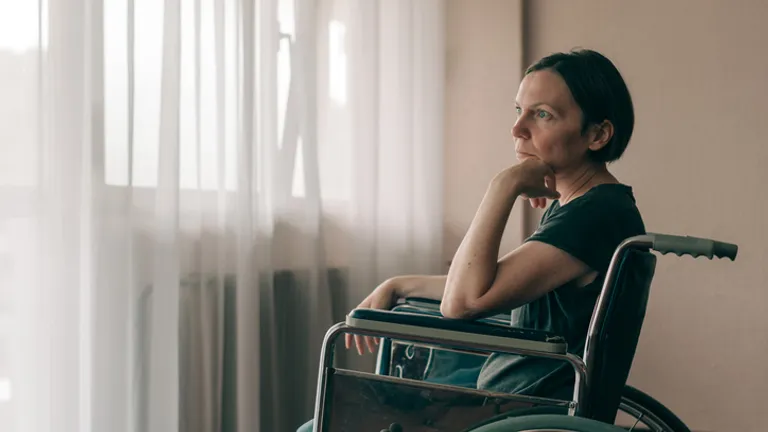
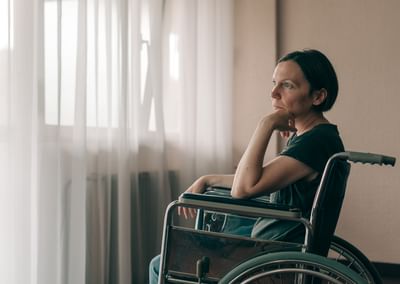
Understanding changes in thinking and memory
This information has been prepared to help you understand more about the changes in thinking and memory that some people experience after a cancer diagnosis or treatment. It provides suggestions about how to manage your day-to-day tasks and improve your thinking and memory.
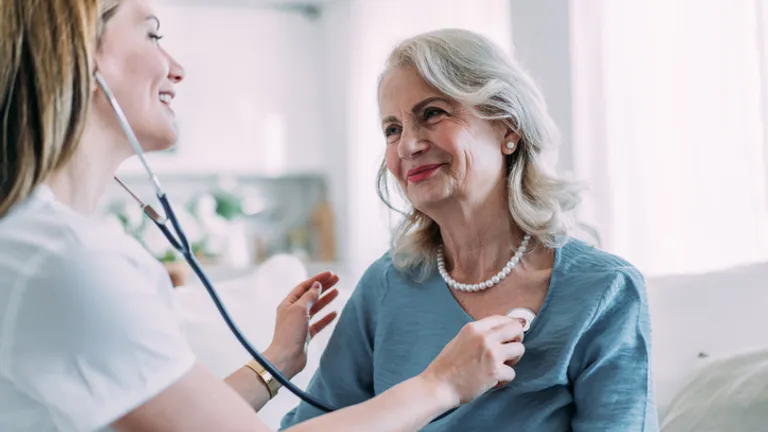
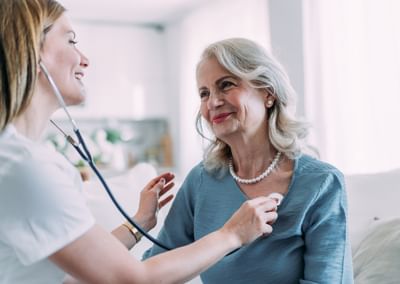
Understanding heart health and cancer
This information has been prepared to help you understand why it’s important to look after your heart during cancer treatment. It explains what you and your treatment team can do to protect your heart and blood vessels (cardiovascular system) before, during and after cancer treatment.


Understanding lymphoedema
This information has been prepared to help you understand more about lymphoedema, a possible side effect of some cancer treatments. We hope this information will help you, your family and friends understand what lymphoedema is, how to recognise signs early and how it can be managed.


Understanding peripheral neuropathy and cancer
Peripheral neuropathy is a nerve condition that can happen with cancer, or with cancer treatment.


Understanding taste and smell changes
Changes to the taste, smell or feeling of food are a common side effect for people before, during and after treatment for cancer. This can affect what foods you are able to eat and enjoy eating, and may contribute to a loss of appetite and weight loss. This may lead to malnutrition, which should be avoided as it can result in increased side effects from treatment and loss of muscle strength.


Look good feel better
Look Good Feel Better is a free community service program dedicated to helping Australians cope with the appearance-related side effects of chemotherapy and radiotherapy such as hair loss and changes to the skin.